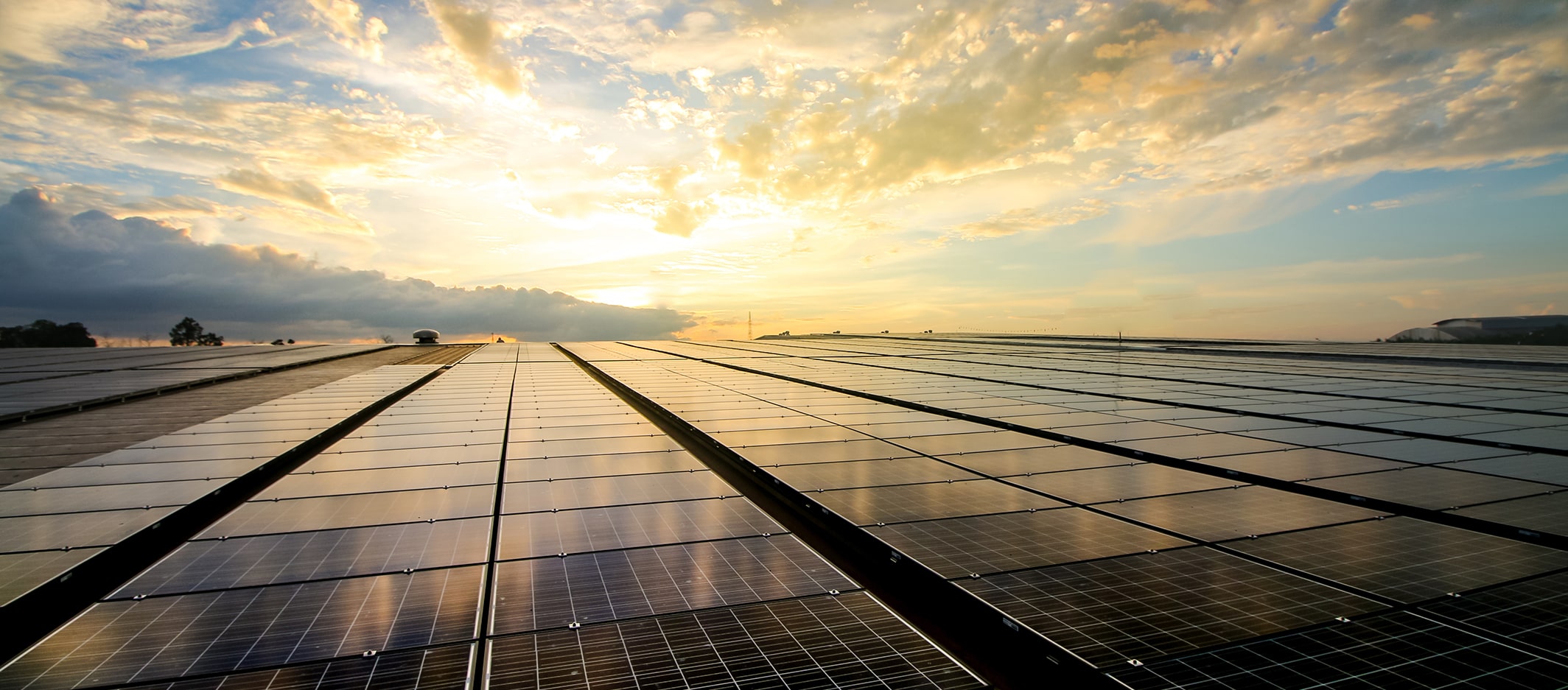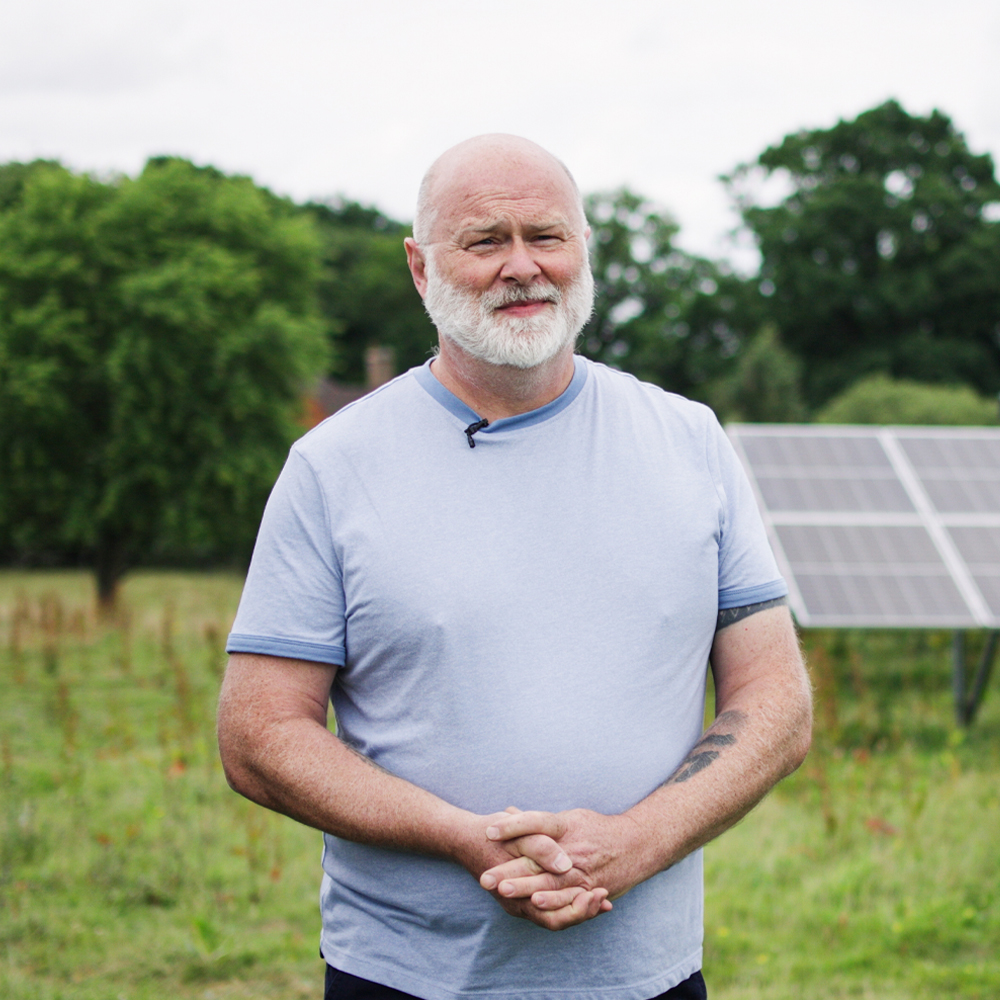Designed, installed and fully managed
Commercial solar solutions are a key way that businesses can reduce their electricity costs and contribute to their net zero targets. Solar is increasingly popular amongst even the largest global companies, many of whom opt for a fully funded solution as a way to both benefit from the energy and carbon savings but also to conserve capital for investment in their own businesses.

From rooftops to surrounding land and integrated carports, Zestec can assess all available options and size the systems appropriately to your business needs.
Zestec and Octopus Energy Generation, powerfully combining expertise
Zestec deliver world-class systems through extensive expertise and superior processes in the development, construction and O&M management of solar assets. Our team has been responsible for in excess of 60GW of behind-the-meter solar generation located across thousands of locations.
Octopus Energy Generation is the largest investor in solar power in Europe and is a specialist renewable energy investment business with over £5 billion of assets.
- Cheaper, guaranteed renewable energy
- Significant reportable reductions in carbon footprint
- Protection against grid energy price fluctuations
- Hassle and maintenance-free generation
- Support with net zero targets
- A powerful way to demonstrate ongoing commitments
Power to you
Accredited installation
With extensive experience across the commercial and industrial rooftop sector, Zestec have a strict process from the initial evaluation and the ongoing performance of our installations, ensuring adherence to the highest safety and operational standards, underpinned by CDM regulations.
Focused on better performance
Zestec has experts across all disciplines as required to support the development, design, installation, commissioning and maintenance of commercial rooftop solar PV systems.
Resourcing multiple projects
Zestec are highly experienced at successfully operating across multiple sites concurrently. Through robust and consistently applied processes a dedicated Programme Manager takes overall responsibility for the day-to-day management of all projects and integrated IT systems, we ensure projects are delivered on time and on budget, to the highest standards.
We’ll design and integrate EV charging infrastructure to support your needs, and we’ll intelligently manage energy demand.
Find out moreZestec provide funded energy storage solutions for businesses, giving increased levels of control over energy consumption.
Find out moreZestec’s fully funded solution, means you receive all the benefits of a renewable energy, covering purchase, installation and ongoing operational maintenance.
Find out more



